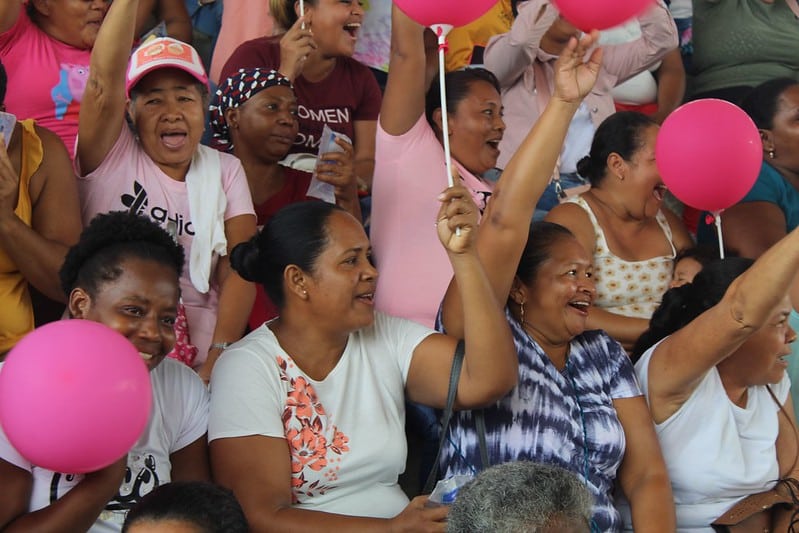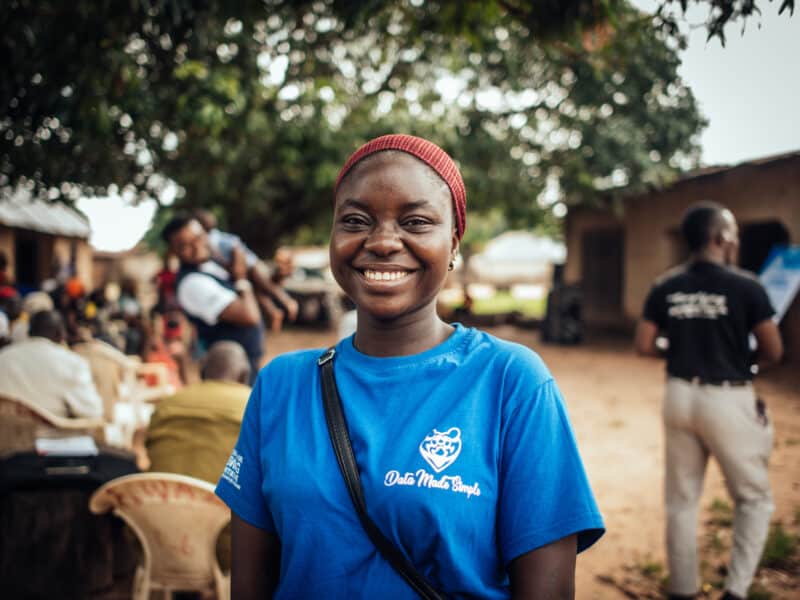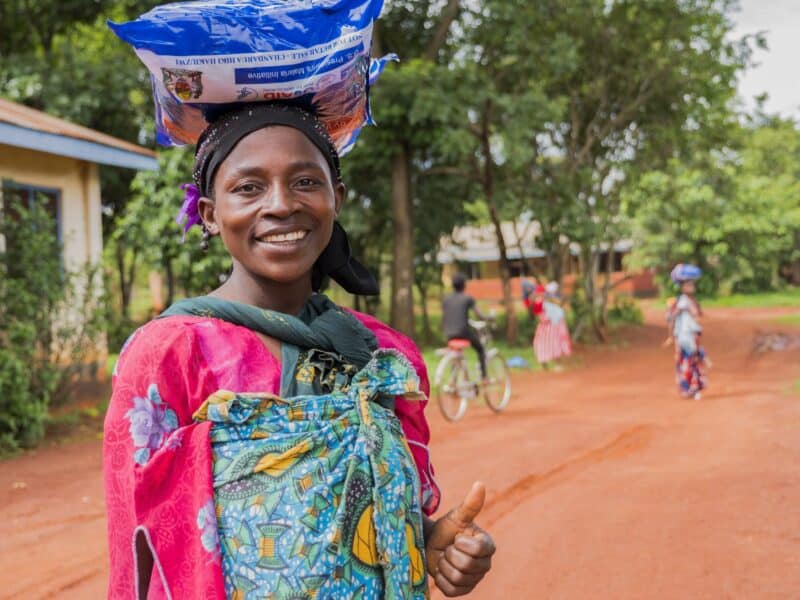Global Health: Science and Practice, an open access peer-reviewed journal devoted to sharing evidence, experience and lessons learned from global health programs including challenges, successes and failures, is turning 10 years old this month.
“The journal has grown so much,” says Natalie Culbertson, of the Johns Hopkins Center for Communication Programs, the journal’s managing editor since the beginning. “People look to our journal for insider knowledge of what makes programs work and also an understanding of why some programs do not work and how to avoid some of the challenges that others have experienced. We have become the go-to journal for program knowledge and for lessons learned.”
The celebration of 10th anniversary of the journal, operated by the CCP-led Knowledge SUCCESS project and funded by the U.S. Agency for International Development, comes as it has recently undergone a shift to emphasize the work and perspectives of public health researchers and practitioners from the low- and middle-income countries where programs are implemented.
Since 2019, the journal has worked deliberately to ensure accepted papers include more authors from LMICs, to mentor young researchers and to increase the diversity of its own staff, including hiring an editor in Asia and searching for one based in Africa. Also, less experienced authors from LMICs receive editorial feedback on their submissions prior to the formal peer review process to improve their chances of publication.
Over those four years, the percentage of GHSP authors from LMICs has risen from 39.7 percent to 54.6 percent, while the number of articles with any authors from low- and middle-income countries has gone from 70.3 percent to 93.8 percent, according to an article published in March 2023 by the journal’s authors in the Knowledge Management for Development Journal.
“Recent efforts to ‘decolonize global health’ signal an increasing commitment by many players to address these issues of imbalance and inequity. At GHSP, we recognize that to meaningfully engage in addressing power imbalances, as a first step, we must look at our own attitudes and practices,” CCP’s Sonia Abraham and other members of the journal’s editorial team wrote in September 2020, announcing their efforts to make the changes. “We are especially interested in identifying how we need to do things differently to reflect a range of voices and perspectives in our journal that better corresponds to where this work is actually being done.”
Culbertson says that in global health programs, there is a strong imperative for impact at a large scale, for identifying what has worked and what hasn’t, and why, and for understanding how to effectively deliver evidence-based interventions under real-world conditions. Yet much of the “how” of program implementation isn’t even documented, as program implementers tend to focus on the actual “doing” of programs rather than on sharing their experiences and lessons learned more broadly, Culbertson says.
At GHSP, “we are interested in knowing all of the nitty gritty details of that,” she says. “And it’s often not talked about in the literature. In other journals, they’ll kind of gloss over the challenges that they faced in implementing a program. They say, we did this, these are the results, and everything went smoothly. But, in reality, a lot happens in between that is important for others to know about. And that’s what we really are trying to draw out in the journal.”
When GHSP was launched in 2013, founding editor Jim Shelton wrote that “GHSP’s success will depend, in no small measure, on your participation—by authoring, by reviewing, by reading and sharing, and by commenting—but most importantly, by doing.”
Since the beginning, nearly 900 articles have appeared in 50 issues, articles that have been accessed four million times, by more than 1.2 million readers. More than 5,000 authors have been published. In 2022, article access increased by 51 percent over the year before. The editors take pride in the fact that not only is the journal free to read but is also free to authors to publish.
“Thank you so much for the opportunity to have no fees charged and allowing developing African researchers to submit their work through this particular journal,” said Masila Syengo, a consultant from Kenya. “I know it wouldn’t have been possible for junior researchers like myself from Africa to afford the fees and pay to have our work peer reviewed.”
GHSP has gone from publishing quarterly to every two months and has published special supplements. The impact factor of the journal – a measure of how frequently an average paper is cited in another journal over the course of a year – has increased from 2.5 in 2021 to 3.409 in 2023.
The journal started out by focusing on prominent global health topics such as family planning, maternal and child health, HIV, nutrition, and behavior change communication, but has branched out to include mental health, non-communicable diseases, surgery, and, of course, COVID-19 which has been a popular topic since the pandemic began three years ago.
“From the beginning, we recognized an important gap, rigorously capturing program know-how,” says Stephen Hodgins, GHSP’s current editor-in-chief.. On the one hand, we had academic journals occasionally publishing important pieces of evidence. On the other hand, we had gray literature coming out of program work that was often not methodologically robust. That was the gap we sought to fill, and in my view, we’ve risen to that challenge.”





